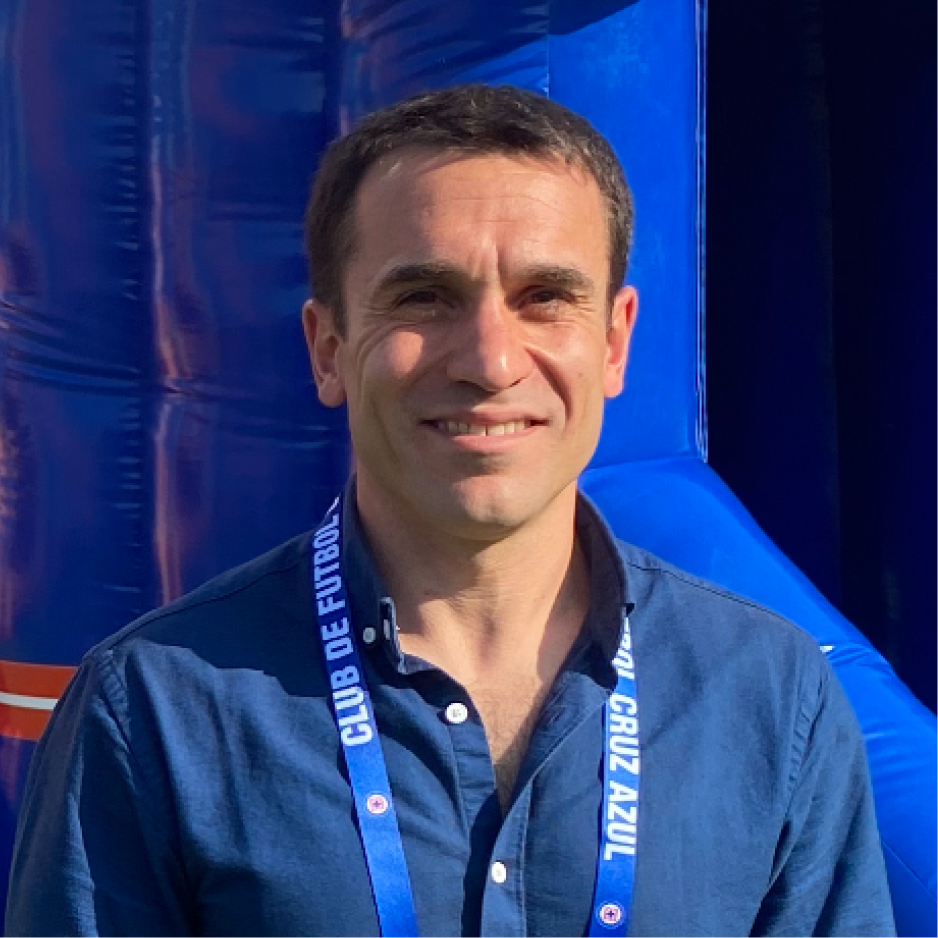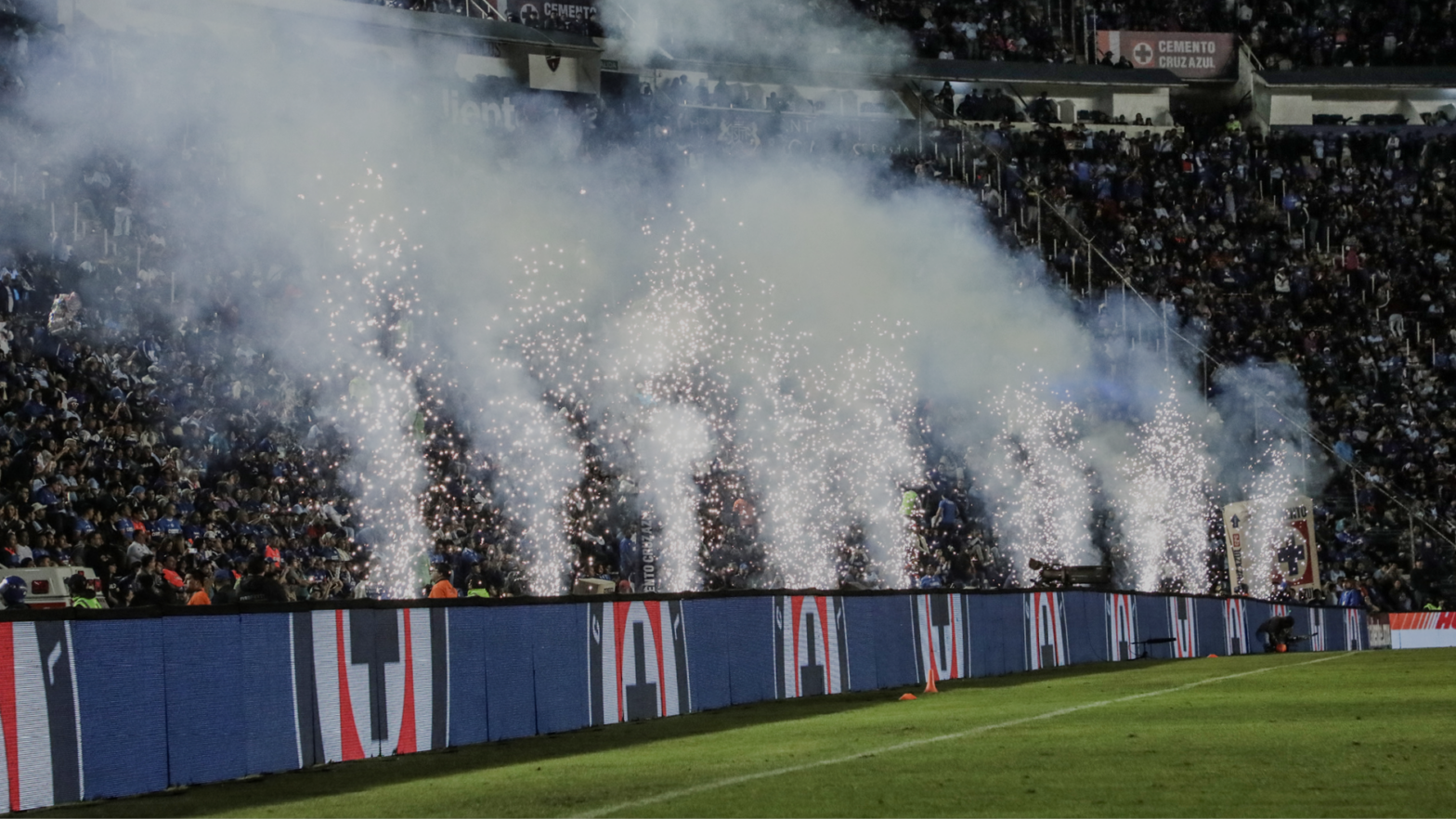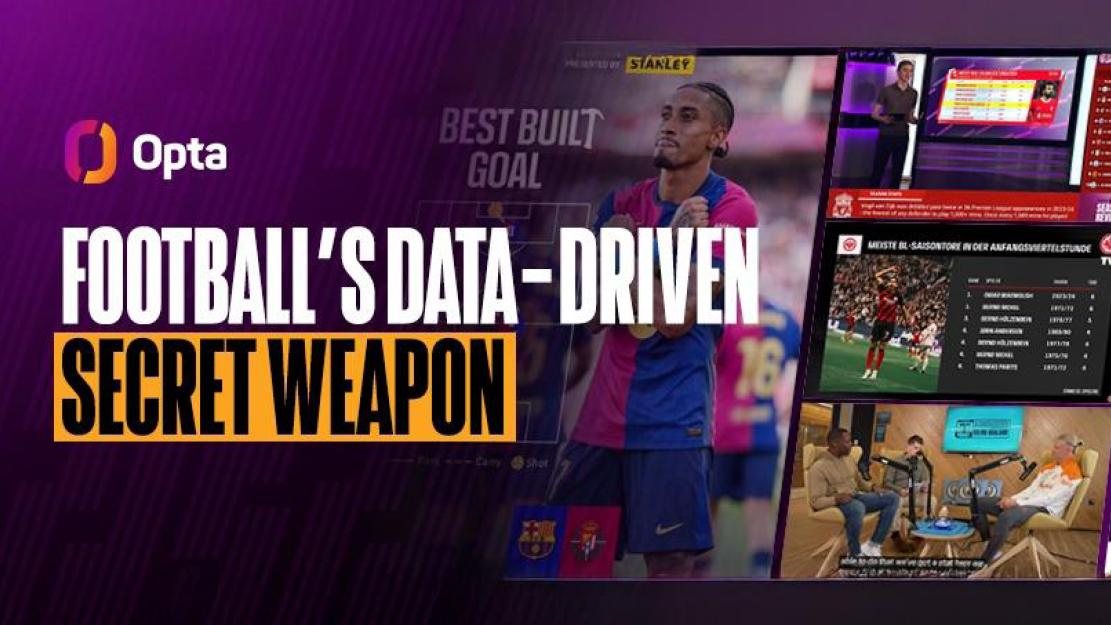We spoke to Rodrigo Yavarone, Football Operations & Business Intelligence Manager at Cruz Azul. With extensive experience in European and South American football, Rodrigo now brings his expertise and passion to Mexico. In this episode, Rodrigo takes us through the dynamic world of Mexican football, the huge potential of Liga MX and stories of one of the biggest clubs in Mexico.
The key characteristics of Mexican football
First of all, the market is huge, boasting 140 million people. In such a vast market, the football industry within the country becomes critically important, covering numerous brands and businesses.
The country’s close proximity to the USA significantly influences its business cycle. The consumption culture closely resembles what is happening in the US, deeply affecting the market and the football industry in Mexico.
Also, the market strengths are not only found in sponsorships and business units, which are indeed powerful within the country with Mexican brands investing in most clubs, but also in player transfers. The fees for transferring players between clubs within the same country can be substantial, at times even exceeding those for a Mexican player moving to Europe.
The rationale behind eliminating the relegation system in Liga MX
The removal of the relegation system in Liga MX is largely due to club owners, many of whom are international investors. These owners probably believe that after investing significantly in a club and its community, the risk of relegation could undermine their investment. This perspective, however, is criticized for diminishing the competitive nature of the sport; without the threat of relegation, teams might not have the same motivation to thrive harder, potentially stalling player development.
The decision to remove relegation was implemented in 2020, possibly as a measure to protect clubs financially during the COVID-19 pandemic. This was a necessary step at the time, aiming to provide stability during economic uncertainty. Yet, as conditions normalize, there are discussions about whether reinstating relegation could benefit the league and its competitive integrity in the long term.
Rodrigo’s experience on Mexican football fan culture, which is famously or even notoriously passionate, for example, the intense derbies or Club America’s slogan ‘Ódiame Más’ (HATE ME MORE), and how it shapes Cruz Azul fan engagement strategies.
Rodrigo shared that the fan culture in Mexican football is incredibly passionate, highlighting his experiences with the fervent support at Cruz Azul. He noted the astonishing loyalty of fans, who made away games feel like home matches due to their overwhelming presence in the stands. Despite the upcoming intense game against America, Rodrigo expressed his accustomed stance to such high-pressure environments, underscoring the deep emotional connection fans have with the club’s performance. Success brings euphoria, while failures can lead to despair among supporters.
He emphasized his role in controlling these emotional swings, aiming to stabilize fan sentiments regardless of the team’s performance. Rodrigo believes in fostering a relationship with fans that transcends mere match results, focusing instead on daily interactions and a broader connection with the club. This approach, he explained, is crucial to Cruz Azul’s fan engagement strategy, demonstrating the importance of maintaining a balanced and deep relationship with the fanbase amidst the highs and lows of the sport.
The biggest business opportunities and challenges at Cruz Azul
The biggest challenge and opportunity at Cruz Azul involves effectively engaging with their extensive fanbase. The club has around 70 million fans globally, with a notable portion, at least 5 million, based in the United States. Their primary challenge is to intimately understand each fan segment to cater to their actual desires from the club, rather than offering what the club assumes they want. This understanding is key to nurturing a strong relationship and harnessing the emotional connections previously discussed. To address this, Cruz Azul is currently working on a digital engagement strategy. This strategy is designed to connect with every fan, no matter their geographic location, ensuring all fans feel a deep connection to the club and its endeavors.
Cruz Azul is one of those clubs favored not only by local fans but throughout the entire Mexico
Cruz Azul is supported not only by local fans but also by supporters throughout Mexico, owing to its working-class roots and strong team spirit. The club’s emphasis on effort resonates with a wide audience. For Mexican football fans, supporting Cruz Azul as their second or third favorite club is commonly seen. The club’s origins date back to a cement company, embodying a unique “cooperativa” organizational structure. In this setup, all stakeholders, regardless of their shares, have equal decision-making power, reflecting an egalitarian principle central to the club’s identity.
How the club applies business intelligence and data analytics
Rodrigo explained the role of data analytics is indeed vital for the club to instantly gauge fans’ locations, desires, and timing preferences. This information-driven approach facilitates the decision-making process, with a clear emphasis on prioritizing fan needs over club-centric goals.
This strategy is particularly relevant given the club’s national presence, attracting fans from every corner of Mexico, including those in remote border areas. For these fans, attending games in Mexico City is impractical, rendering ticket bundles irrelevant. Instead, the club focuses on offering merchandise or organizing local meet-and-greets, aligning with the fans’ actual needs and interests.
How Cruz Azul expands its brand image and fan base internationally, especially in North America
Cruz Azul is strategically planning to expand its international brand image and fan base, particularly focusing on the U.S. where it has over 5 million fans. The club’s approach involves a careful, step-by-step strategy, concentrating on specific U.S. cities or states with substantial fan bases.
More specifically, the club targets areas with a strong cultural and geographical connection to Mexico. These areas include California, Chicago, and other states along the Mexico-U.S. border. An example of this strategy is the friendly match scheduled for March in Los Angeles against Club America. This event sold out in just 10 days, highlighting California’s significance both as a key market and a cultural bridge. In these regions, there is a significant Mexican population. Many residents are Cruz Azul fans and eager to maintain their ties with the club.
Rodrigo’s perspective on whether the increasing popularity and rapid development of football in the US is seen as competition or a positive influence
He perceives it as both a positive influence and a necessary source of competition. Needless to say there is a need for awareness, given the increasing competition. However, competition is crucial and beneficial as it drives the whole region to exert more effort and strive for improvement.
The impact of the 2026 World Cup on Cruz Azul and Mexican football
Rodrigo believes the 2026 World Cup will have an enormous impact on both the country and the club. Given it is expected to be the biggest World Cup ever, there lies a substantial challenge to capitalize on all related opportunities, from companies aiming to establish their business in the region to leveraging the event to showcase the club as an ideal platform for investment. The aim is to make the most of these prospects and to assert the club’s position in the vast market, particularly appealing to the Mexican diaspora. The focus is now on harnessing these opportunities to the fullest.

Rodrigo Yavarone
Football Operations & Business Intelligence Manager
Cruz Azul


 Upgrade to Premium Now
Upgrade to Premium Now







